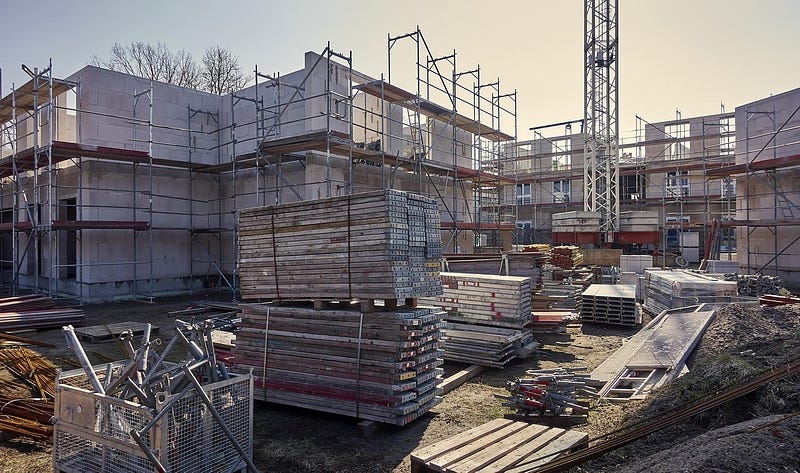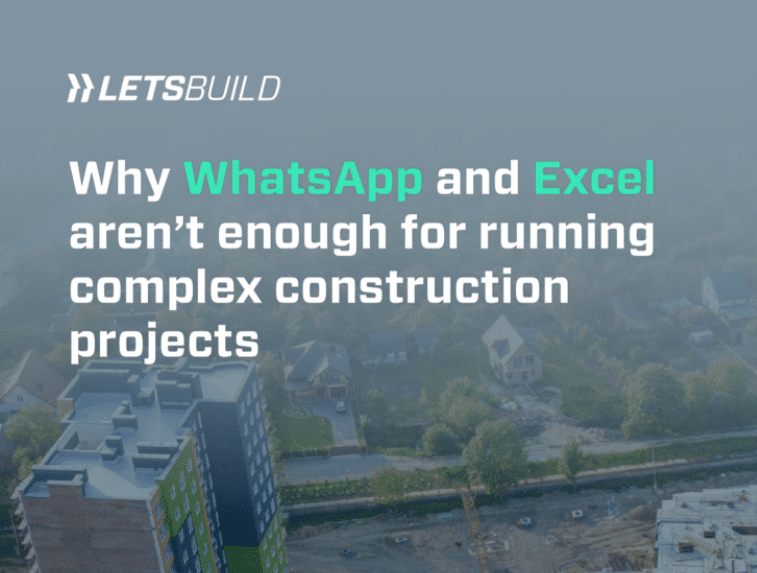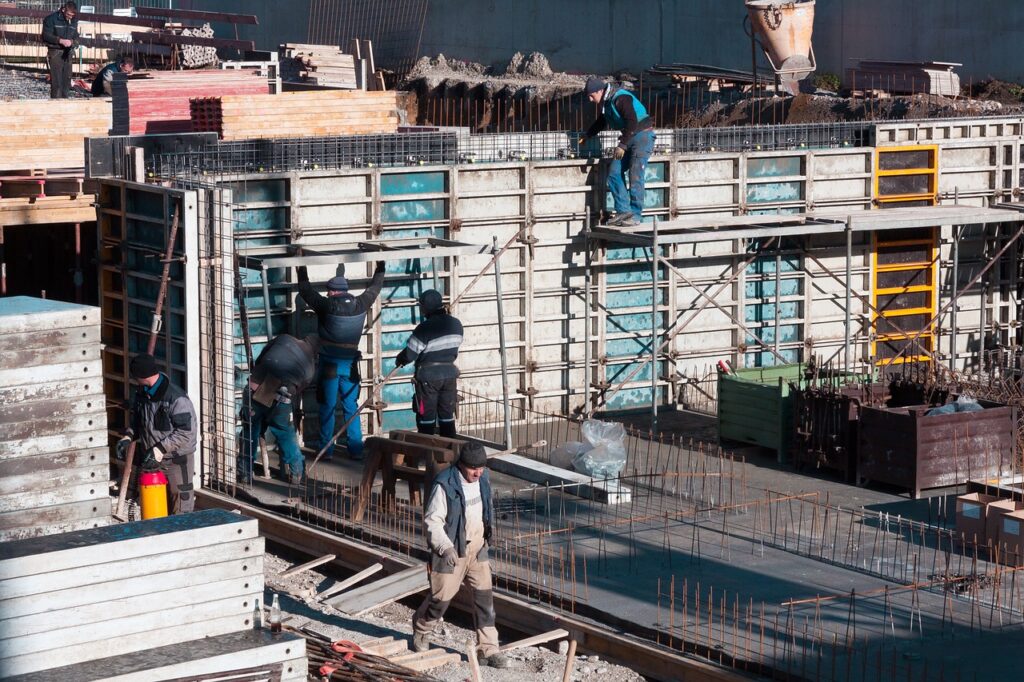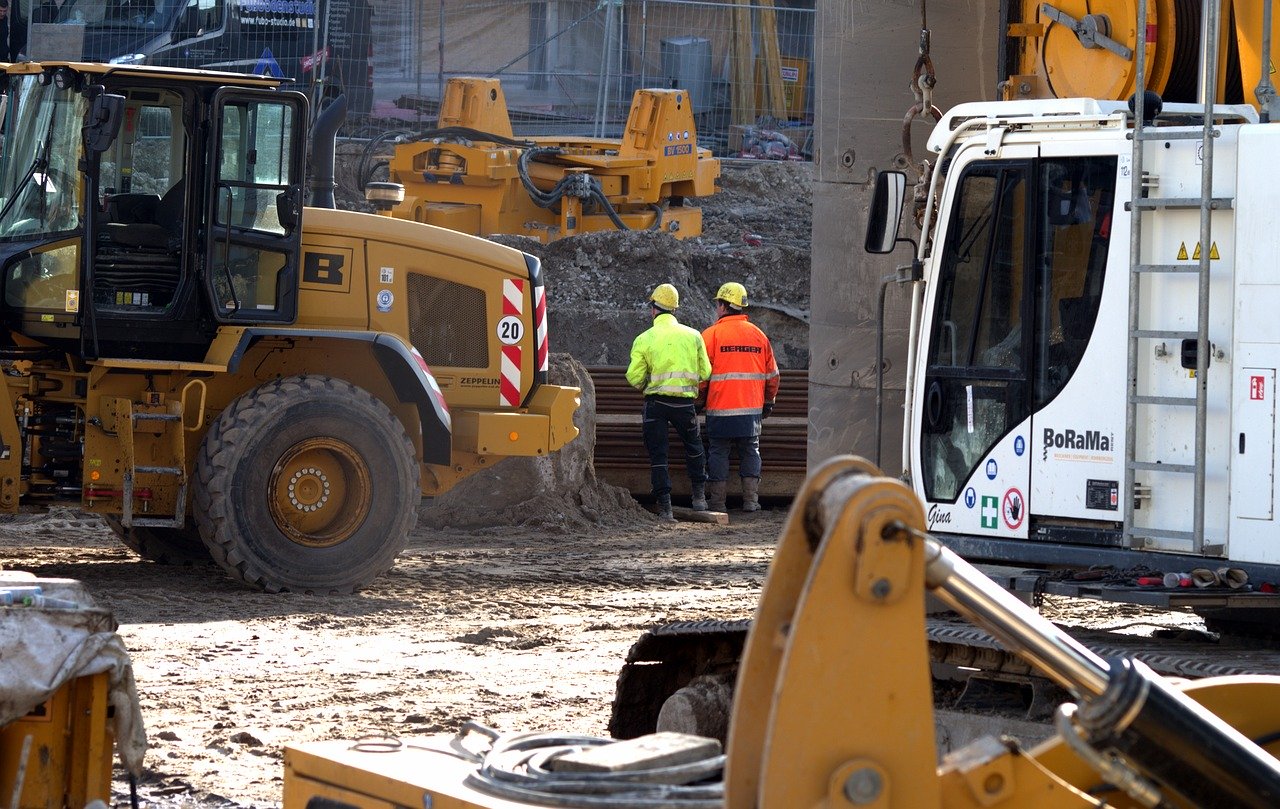Pre-construction meetings are an excellent way to make certain that everything in your project is communicated clearly before execution operations begin. Pre-construction meetings allow you to define project, monitoring and maintenance goals and help you manage expectations.
By having a pre-construction meeting prior to actual project execution, you get to identify potential issues, conflicts and non-conformities, and get to resolve them without having to spend a lot on change order requests and expensive reworks.
What is the purpose of a pre-construction meeting?
Although we can standardise construction processes across projects, no two projects are exactly the same. The construction site is a dynamic workplace with project players changing every so often. That is why a pre-construction meeting is needed for every new project.
The main purpose of a pre-construction meeting is to communicate to everyone in the project team the plans and expectations before any job is executed on site. A pre-construction meeting is like a group huddle before the project players go out to the field, to ensure that everyone starts the job on the same page and progresses as a team.
It starts with defining the roles and responsibilities of all team members and all the construction procedures necessary for job execution. When all project members understand their roles, a full discussion regarding communication, coordination and scheduling issues begins.
How do you conduct a pre-construction meeting?
In conducting a pre-construction meeting, here are the things you need to consider:
1. When
It is always best to conduct your actual pre-construction meeting a week before the start of actual project execution. By doing so, the project information is still fresh and new in everyone’s minds. This kind of timespan also gives ample time for your primary stakeholders to adjust to developing or changing information.
2. Who
Typically, the main players in a pre-construction meeting are the project owner and the contractor. However, relevant managers and upper stakeholders should be included. Here is a list of other key players that would likely be involved:
- Project Director/Executive
- Project Manager
- QA/QC or Site Monitor Superintendent
- Safety Officer
- Procurement Manager
- Human Resource Manager
- Project Accountant
- Bonding Manager
- Chief Estimator
- Legal Counsel
Each of your stakeholders should work out the main issues that they believe will impact their scope of responsibilities on a particular project. The core idea is for everyone to have the chance to individually map out the best ways to contribute to your project’s success.
3. What
The agenda is the centre of every pre-construction meeting. The pre-construction meeting agenda should be prepared early with copies distributed to every attendee before the meeting. With the agenda in everyone’s hands, the meeting stays on track while distractions and surprises are eliminated. Common agenda items are:
- Introduction to the owner and the project
- Roles and responsibilities
- Chains of command
- Document review
- Q&A
Following the agenda are the project documents with the contract being the most important. Everyone in the meeting should have access to it and have reviewed it beforehand. Any misunderstanding or unclearness about a clause or a term must be clarified in the pre-construction meeting. Other important documents to review include:
- Project schedule
- Payment schedule
- Project drawings
- As-built plans
- On-site policies and procedures, especially QHSE
- Reporting requirements
Benefits of pre-construction meetings
Knowing that multiple issues can arise during the execution of a construction project, having a walk-through with the principal stakeholders involved in the specific processes sets your project up for success. The benefits of a pre-construction meeting include:
- The best approach to successfully completing a project.
- The opportunity to go through all documents required by the company, country, city, state and federal government.
- Providing information about all special requirements.
- Setting performance goals and finding ways to meet those goals.
- Establishing the project’s starting point and having it formally recorded.
- The capability to identify conflicts in the schedule, long lead items, and all other items needed for the smooth development of the project.
- Providing the project owners the opportunity to express their expectations for the project; it also provides the framework for project members to inform the project owner of the progress made so far.
- A clear understanding of how decisions will be handled, including the time frame and who has the authority to make certain decisions.
- The ability to create a concrete project schedule that lays out the details of each project activity including what point in time each job has to be accomplished and the critical paths of each workflow.
- A comprehensive payment schedule that illustrates a percentage of the contract cost to each task — this is very useful in avoiding payment confusion and problems.
- The avoidance of costly reworks and change orders through early dispute resolutions.
- The opportunity to have open discussions about any questions brought up by the project leaders and other project members.
Questions that can be asked during pre-construction meetings

There is no shortage of questions that are asked during pre-construction meetings, but we thought that we would list a few of the most common below:
- Who is responsible for performing quality control and assurance procedures?
- Who has authority for various issues and how will those problems be solved?
- We would like to move some of our electrical outlets. Can we discuss this now and make the changes?
- Can we extend our porch at all? If so, how much more would that cost?
- Can you give us the estimated milestones?
- Do we need permission to visit the site? Can we visit the site?
- Will the subflooring be put in place with nails or glue? Is it the same throughout the entire home or will changes need to be made depending on the flooring used? Will that option prevent the floors from squeaking?
- Will there be any leftover materials at the end, and do we get to keep them?
- Is there a way to add more insulation since we are facing a busy road and are concerned about the noise?
- Will any of the interior doors have locks on them?
- Do we know how many outdoor spigots there are and where they are located?
- Is there a sump pump being installed? If so, where will it be located? If not, why not and what can we do to change that?
There are so many different questions that can be asked during pre-construction meetings. While you can take the time to answer them during the construction process, it is much easier to address them before any of the work begins. Doing so allows you to easily make the necessary adjustments beforehand. If a preconstruction meeting does not take place and changes are requested, it will cost more money and take more time to complete the project.
Pre-construction meeting agenda template
It is wise to have a clear-cut agenda in advance. This allows you and your stakeholders to make the most out of your pre-construction meeting without having to waste everyone’s time. Use our template sample of a pre-construction meeting agenda for free and ensure that your team focuses on discussing critical issues in a timely manner. Get everyone in your project to be constantly on the same page.
Get your meeting agenda template today!
Pre-construction meetings lead to an overall reduction in project delays
See how a pre-construction meeting can lead to an overall increase in your project efficiencies, decrease in work-related incidents and delays, and bigger project profits! The ultimate goal being the successful execution and on-time delivery of the project while minimising problems, mitigating risks and preventing costly delays. Learn how you can reduce your construction delays without spending extra.





